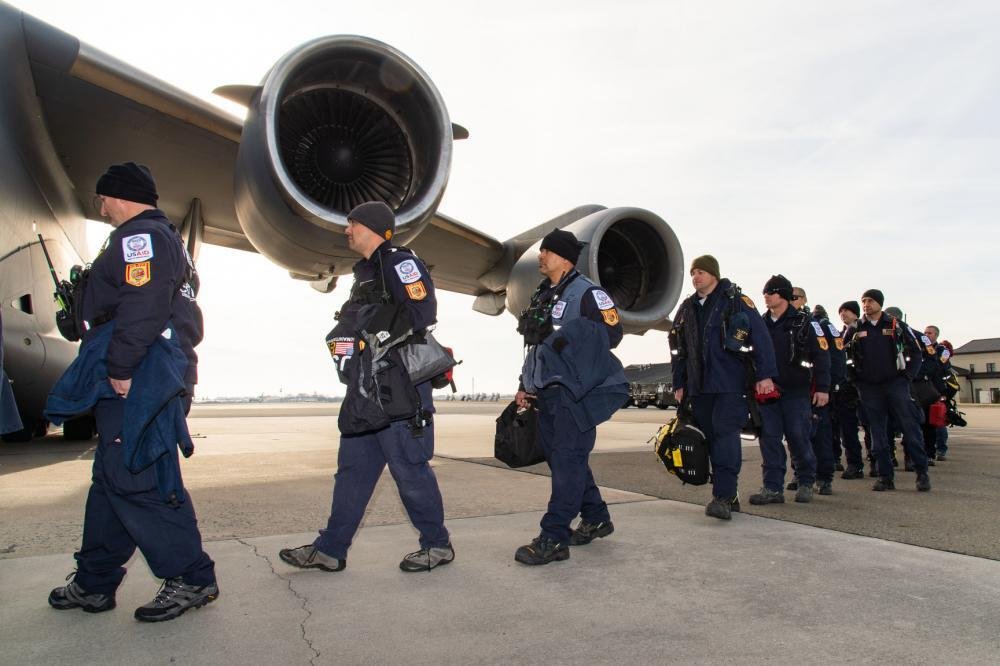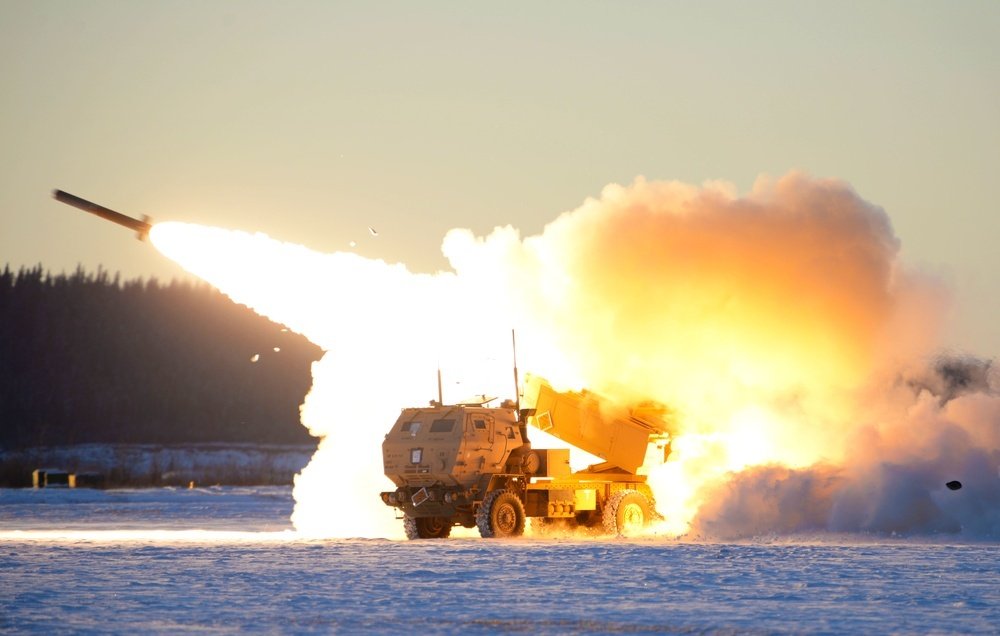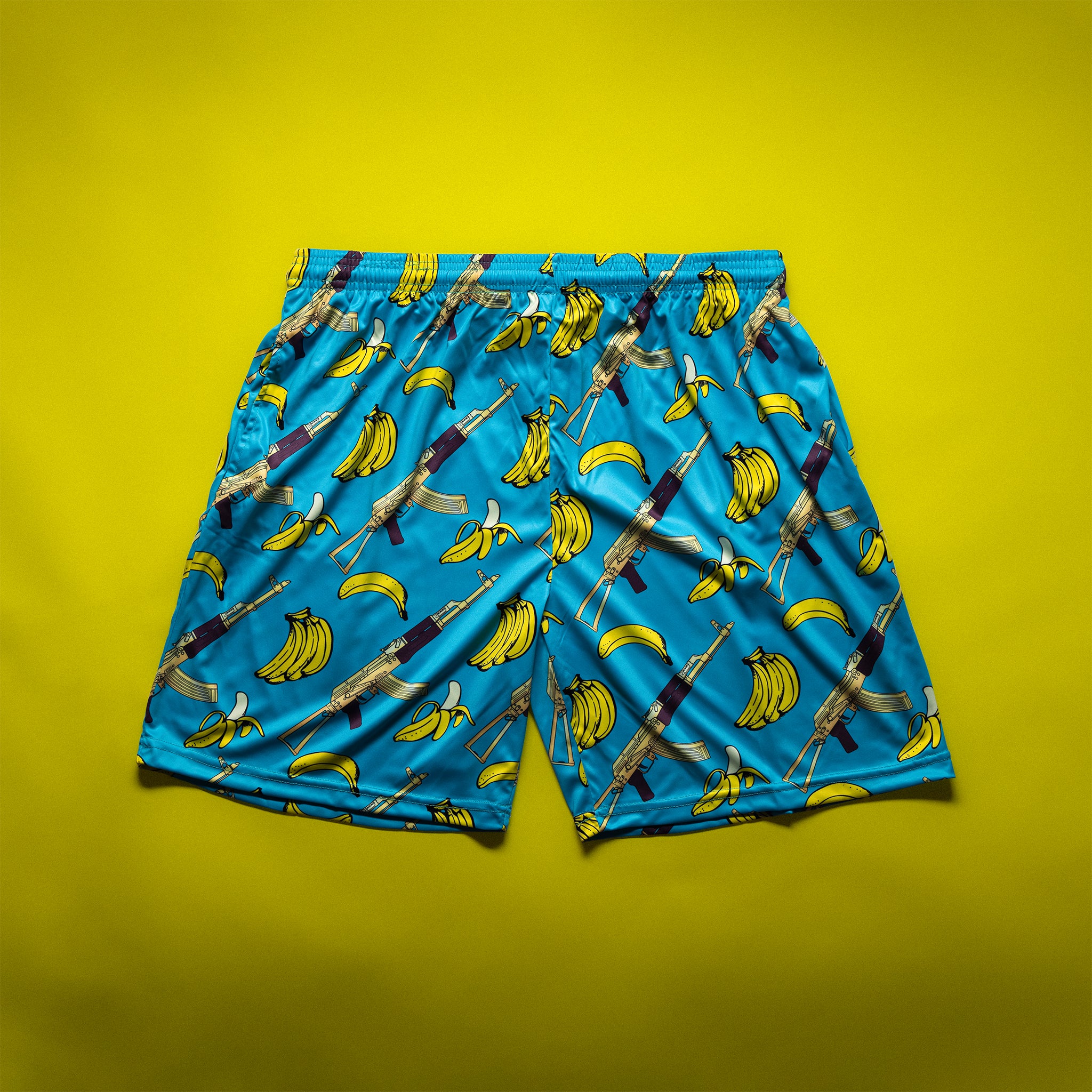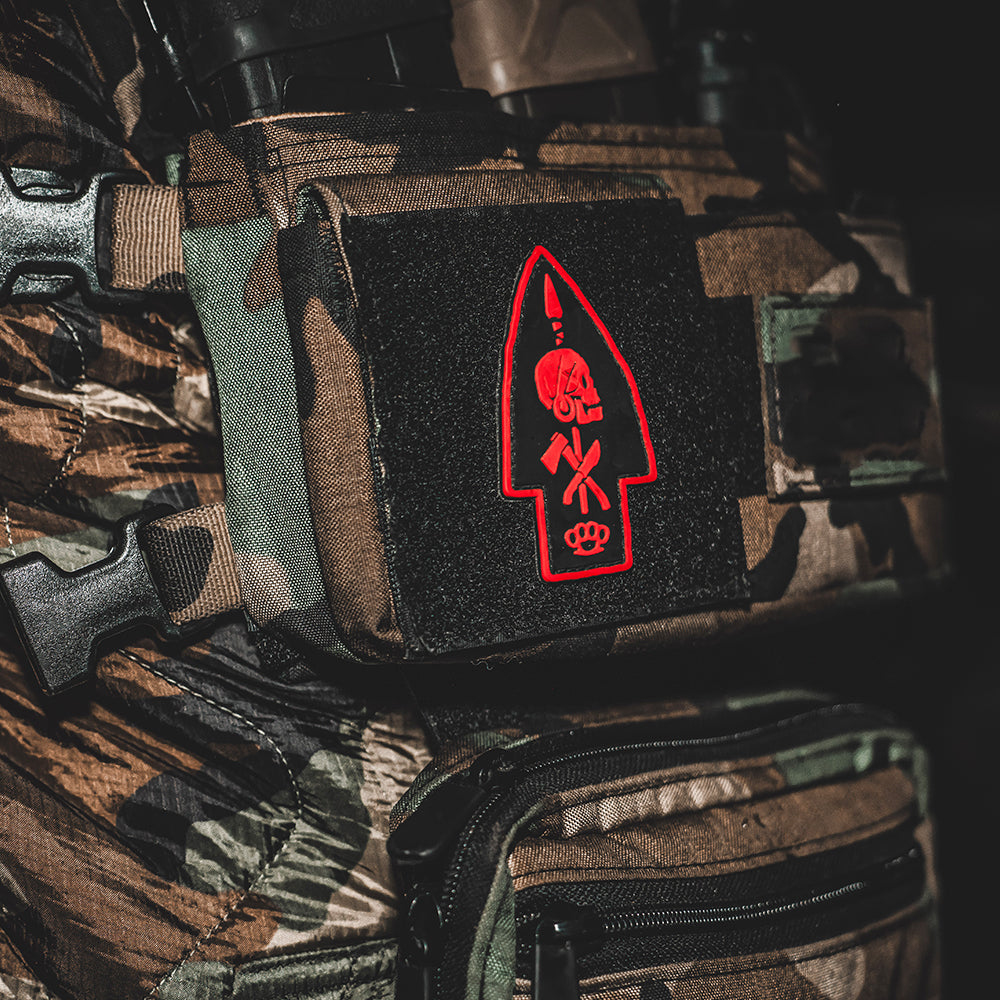
Investigators end MH17 downing probe despite "indications" Putin was involved
THE HAGUE (Reuters) -International prosecutors said on Wednesday they had found "strong indications" that Russian President Vladimir Putin approved the use in Ukraine of a Russian missile system that shot down Malaysia Airlines Flight 17 (MH17) over eastern Ukraine in 2014.
However, they said evidence of Putin's and other Russian officials' involvement was not concrete enough to lead to a criminal conviction, and that they would end their probe without further prosecutions.
Russia has denied any involvement with the downing of the civilian airliner, which killed 298 passengers and crew.
"The investigation has now reached its limit," prosecutor Digna van Boetzelaer told a news conference in The Hague. "The findings are insufficient for the prosecution of new suspects."
In November, a Dutch court convicted two former Russian intelligence agents and a Ukrainian separatist leader of murder for helping arrange the Russian BUK missile system that was used to shoot the plane down. The three men, who were tried in absentia, remain at large.
At the time the plane was shot down, Ukrainian forces were fighting Russian-backed separatists in eastern Ukraine's Donetsk province.
While Russia had annexed Crimea from Ukraine in March 2014, it denied military involvement in fighting in Donetsk at that time.
But as part of the conviction of the three men in November, the Dutch court ruled that Russia had in fact had "overall control" of separatist forces in Donetsk starting from May 2014.
Prosecutors said on Wednesday they could not identify the specific soldiers responsible for firing the missile system that downed the plane, which came from Russia's 53rd brigade in Kursk.
They cited a 2014 phone intercept between Russian officials as evidence that Putin's approval had been necessary before a request for equipment made by the separatists could be granted.
In addition, they played a 2017 conversation between Putin himself and the Russian-appointed chief administrator of Ukraine's Luhansk province in which they discussed the military situation and a prisoner exchange.
Russia invaded Ukraine in February 2022 in what it terms a "special military operation" and in September said it had annexed Donetsk and three other Ukrainian provinces.
Piet Ploeg, who heads a foundation representing victims, said he was disappointed that the investigation had ended, but was glad prosecutors had laid out their evidence for Putin's involvement.
"We can't do a lot with it, Putin can't be prosecuted, he said. "We wanted to know who was ultimately responsible and that's clear."
Ploeg’s brother, his brother’s wife, and his nephew died on MH17.
(Reporting by Bart Meijer; Editing by Kevin Liffey)








